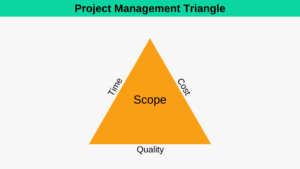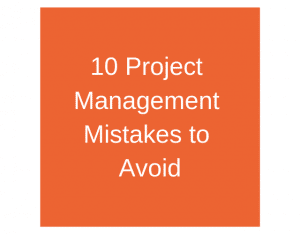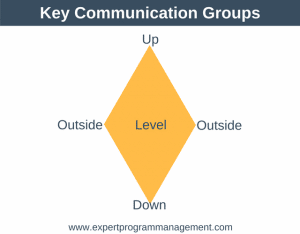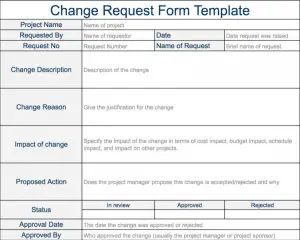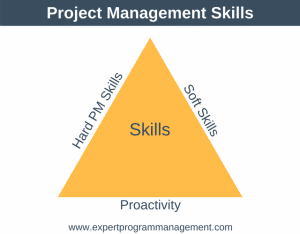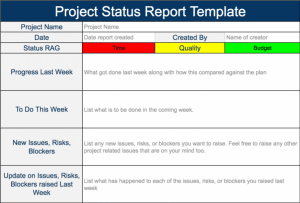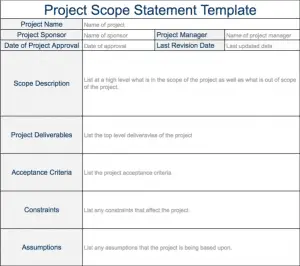Before we can begin to discuss the best techniques for managing projects or the best techniques for managing complex programs, it is important to have a very firm understanding of exactly what a project is. There is no one single definition of a project, but some of the more popular ones are listed below.
- The PMI gives a project definition as part of PMBoK as being, “a temporary endeavor undertaken to create a unique product, service or result.”
- In PRINCE 2 a project is defined as, “a management environment that is created for the purpose of delivering one or more business products according to a specified business case.”
- My pocket dictionary defines a project as, “an individual or collaborative enterprise planned and designed to achieve an aim.”
Although there isn’t a shared definition of a project, by examining the definitions above we can see that have some shared project characteristics, which are described below:
1. Projects are temporary
Projects are tempory in nature with a start and end date. When the work of the project has been completed, the project is disbanded. In this way projects differ from normal business operations (business as usual) which is concerned with routine, operational tasks.
A small, simple project such as painting a room might take a matter of hours to complete, whereas a large project such as building a space station may take many years. A large part of project managers time will be spent trying to ensure their project finishes on it’s planned end date or before.
2. Projects are Unique
If we look again at the PMBox project definition we can see that projects are undertaken to create a unique product or service. Because the project or service being created is unique, then so is the project.
The fact that projects are producing something unique means that they haven’t been undertaken before. This introduces risk – there are usually unforeseen issues which arise during the project which threaten to delay it or worse. A large part of a project managers time will be spent identifying and attempting to mitigate risks (using a risk management process).
3. Projects have Defined Deliverables
These deliverables are the measurable outputs which the project delivers. They may be small such as in a project to fit a new kitchen, or large, such as in the project to deliver a new nationwide unified health care system. A Work Breakdown Structure will often be used to help identify the deliverables during the early stages of a project.
4. Projects Bring about Change
Because projects produce something unique, the world after the project will be different to the world before. After we have fitted a new kitchen in our home then we will interact with our new kitchen in a different way to our old kitchen, especially if it has new appliances or a new layout. After a project to streamline the sales process of an organization is completed, then that organization’s sales people will interact with this tool in a different way to the previous tool.
5. Projects Consume Resources
Someone needs to do the work of the project as it isn’t going to do itself. A small project might just have one person working on it, whereas a large project could have thousands.
6. Projects have a Business Case
A project is not worth undertaking unless it achieves an aim in addition to its deliverables. Another way to think about this is to ask “what’s so good about the deliverables?”. This can be a tangible reason such as to increase revenue or reduced costs. Equally, it can be intangible, such as better preparing us for the future, or aligning an organization with a new strategy.
Business Cases will vary in size and level of detail from project to project and from organization to organization. A start-up initiating a project is probably operating in a very simple environment – only running this one project and the project manager has direct access to the boss if they have questions. In this environment a much simpler and less formal business case is needed than in a large organization with many simultaneous objectives.
Summary
It is necessary to have a good understanding of exactly what a project is before being able to discuss the best ways to manage them. There is no one single definition of a project, and for this reason the best way to understand projects is by examining their shared characteristics which are outlined above.
